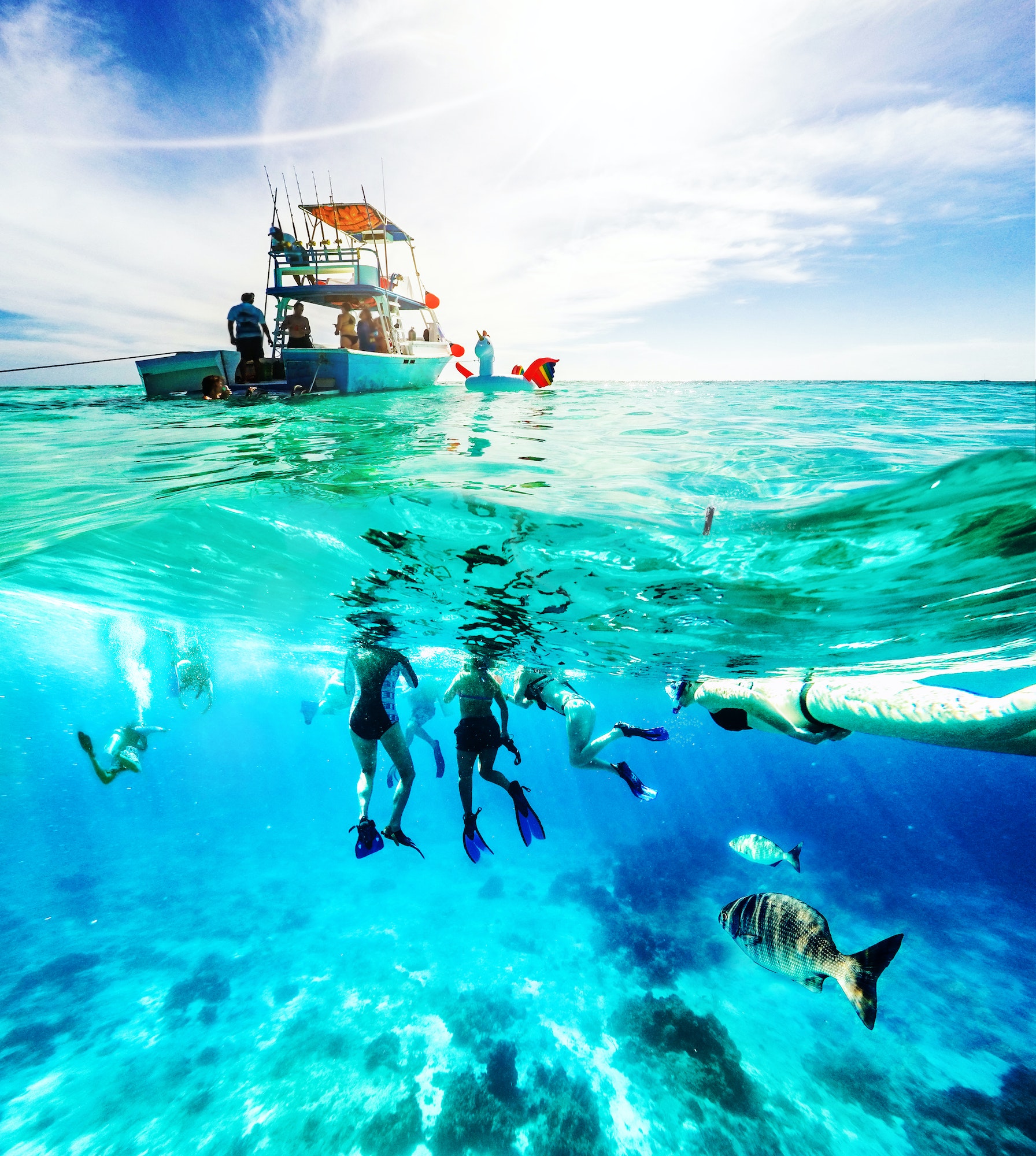Jacques-Yves Cousteau is the inventor of scuba diving. He started the sport in 1953, and it has become a popular activity worldwide. Scuba diving is not competitive. It is a way for people to get in touch with nature and experience the world below the surface.
Jacques-Yves Cousteau invented scuba diving
Jacques-Yves Cousteau is an underwater explorer who developed some of the most important underwater technologies. His inventions are the foundation of modern diving devices. His work has also influenced marine conservation and the education of the ocean.
As a teenager, Cousteau was fascinated by the ocean. His interest grew when he learned to swim. He was also inspired by a near-fatal car accident. Upon recovering from his injuries, he went scuba diving in the Mediterranean Sea. This sparked a passion for diving and exploration.
In 1943, Cousteau and his friend Emile Gagnan began to develop a new type of scuba. Their invention, the Aqua-Lung, was the first self-contained underwater breathing apparatus (SCUBA). The device allowed divers to remain underwater for long periods of time. This invention led to competition from other manufacturers.
As a member of the French Resistance movement during WWII, Cousteau collected intelligence about enemy movements. He also worked to clear underwater mines. He was awarded several medals for his heroic efforts.
Divers do not compete against each other
Whether you’re a beginner or an expert, diving is a challenging sport that requires a lot of attention to detail. In order to keep yourself and your buddies safe, a diving guide will often accompany you and perform some of the tasks for you. Usually, a dive group is made up of two to six divers.
One of the most exciting parts of scuba diving is descending into the water. While you’re under the water, you can look at all of the fascinating creatures that inhabit the ocean’s depths. You can also perform a variety of acrobatic stunts. These include acrobatic jumping and scuba diving stunts, such as diving from the top of a boat.
When it comes to the best scuba diving, there are a few rules to follow. Most divers do not dive with the intention of competing against one another. The sport is more about exploration than competition. However, if a diver is naughty, they may consume more air than they should.
Equipment is essential
Getting the right scuba diving equipment can make your diving experience easier and safer. Some of the equipment that you will need to get started include a scuba tank, a BCD (Booty Compensator Device), a mask, gloves, and fins. The type of equipment that you will need will depend on your personal preferences and goals.
A BCD is a specialized diving jacket that keeps a diver buoyant under water. This device has two main purposes: to maintain positive buoyancy while diving, and to help the diver maintain a proper profile while underwater. The BCD may also have pockets for divers to store items like a camera.
A scuba tank, also known as a decompression cylinder, is a device that allows a diver to store large volumes of compressed air. It is commonly made from steel or aluminum and comes with a valve to prevent leaks. It can be filled with Nitrox or Helium. It is a good idea to have the tank inspected at least once a year by a certified technician.
Safety precautions
Whether you are a beginner or an experienced diver, scuba diving safety precautions are essential. It is important to be aware of safety risks and how to handle them before, during and after a dive.
First and foremost, divers should always do a pre-dive safety check. During a pre-dive check, divers should ensure their equipment is in good condition and that they are physically and mentally ready for a dive. If they are not ready, they should consider cancelling their dive.
During a dive, divers should maintain a regular rhythm. This allows them to remain in proper buoyancy. They should also breathe slowly and steadily. If they are not breathing correctly, they may experience shortness of breath, difficulty breathing, pain, and unconsciousness.
Divers should also check their equipment for any cracks or frayed areas. It is also important to check the tank pressure. Taking too much weight can also cause buoyancy problems.
Divers should also check their dive computers and gauges regularly. This will help them maintain proper buoyancy and stay in the proper parameters of their dive tables.
